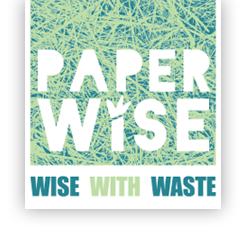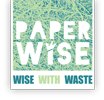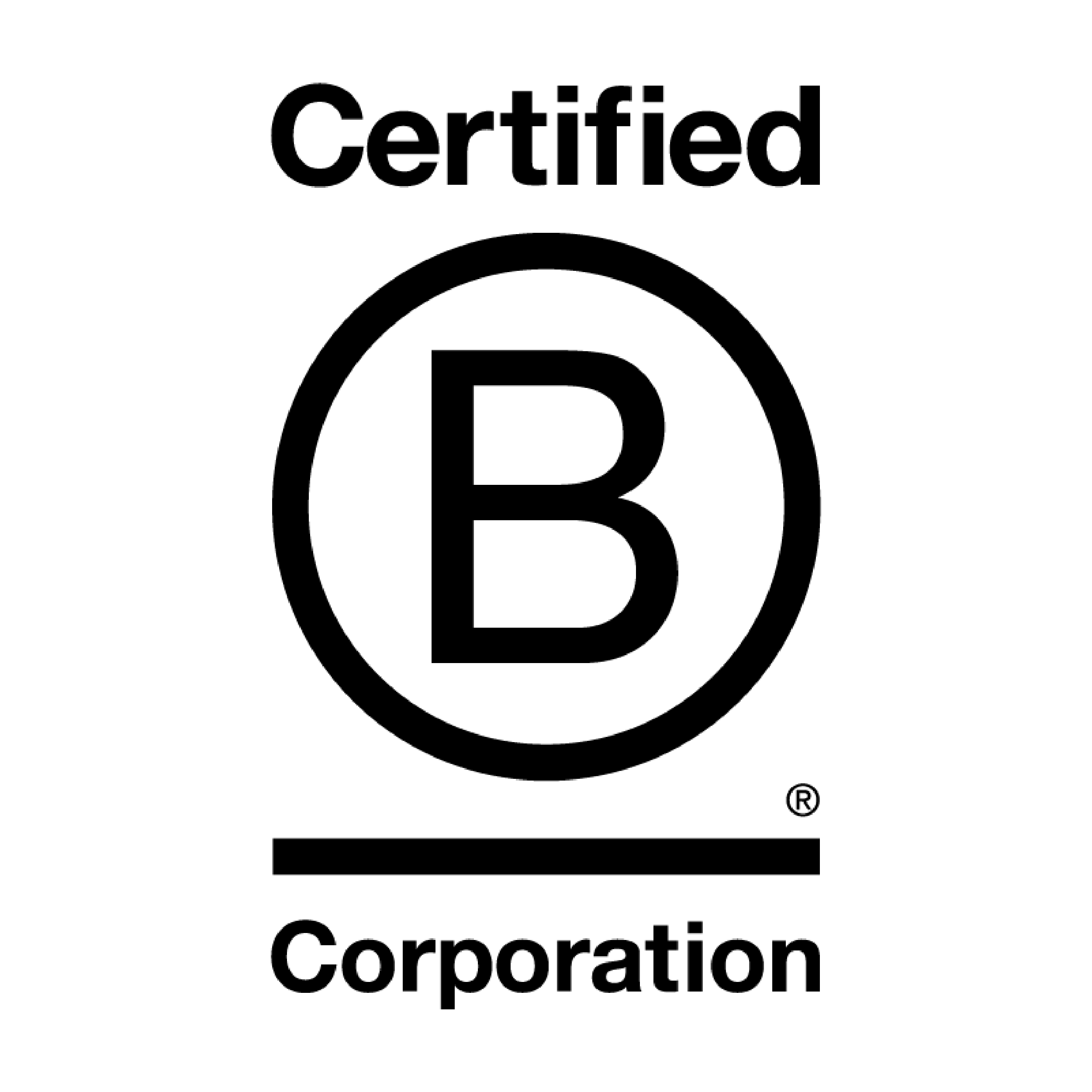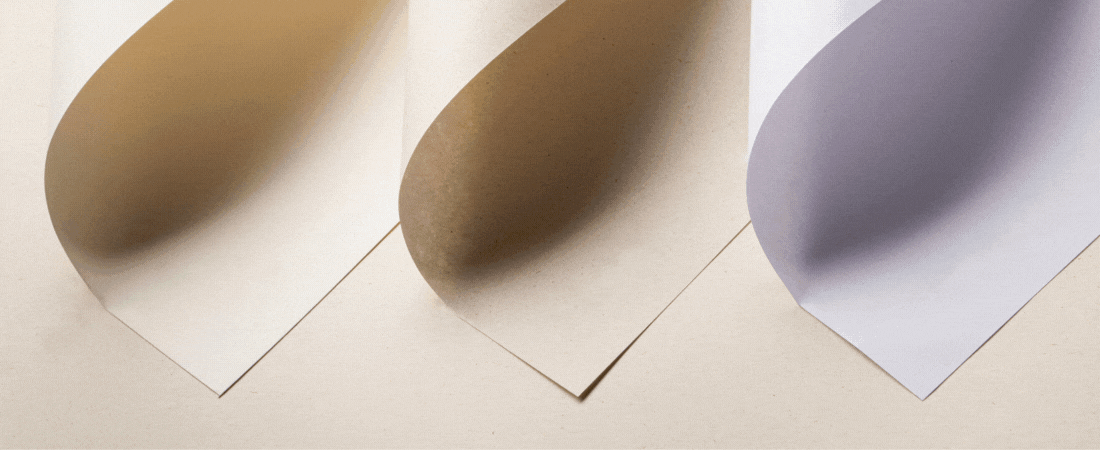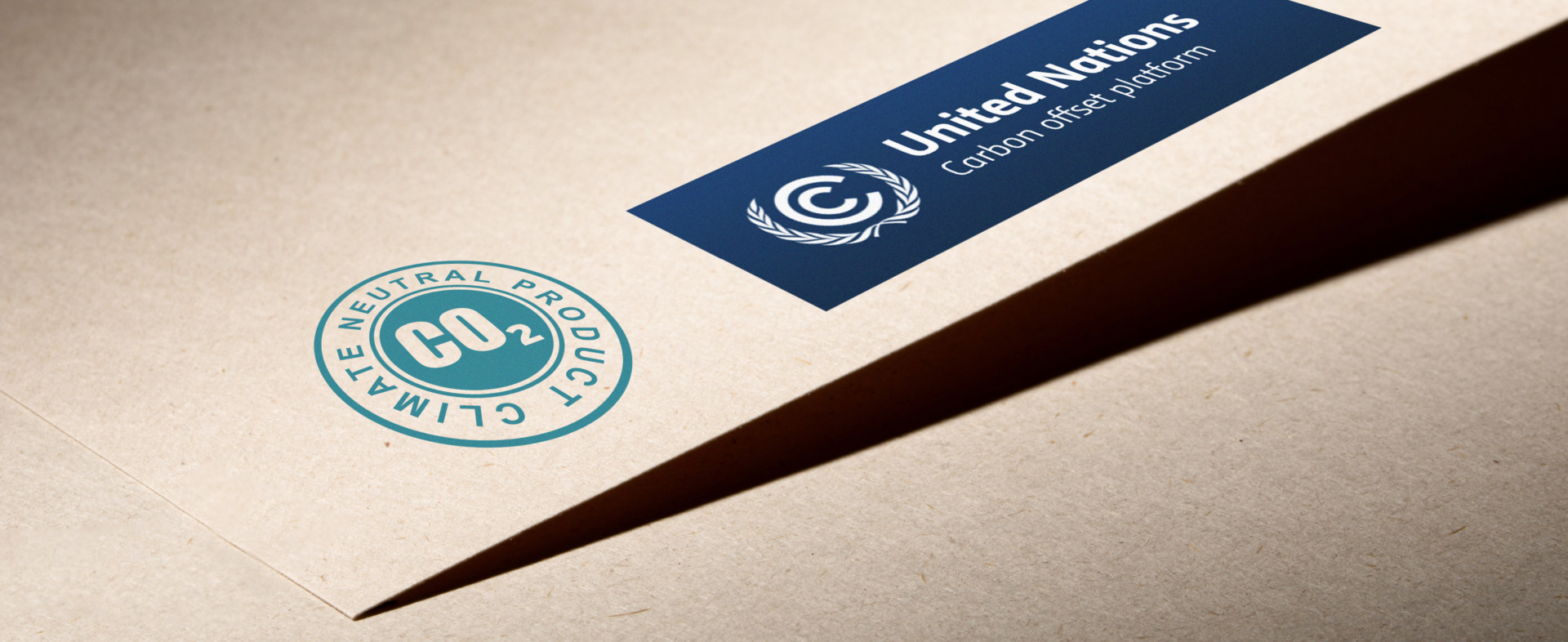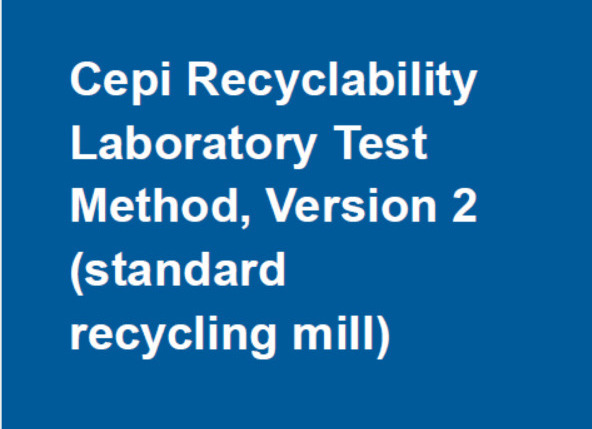
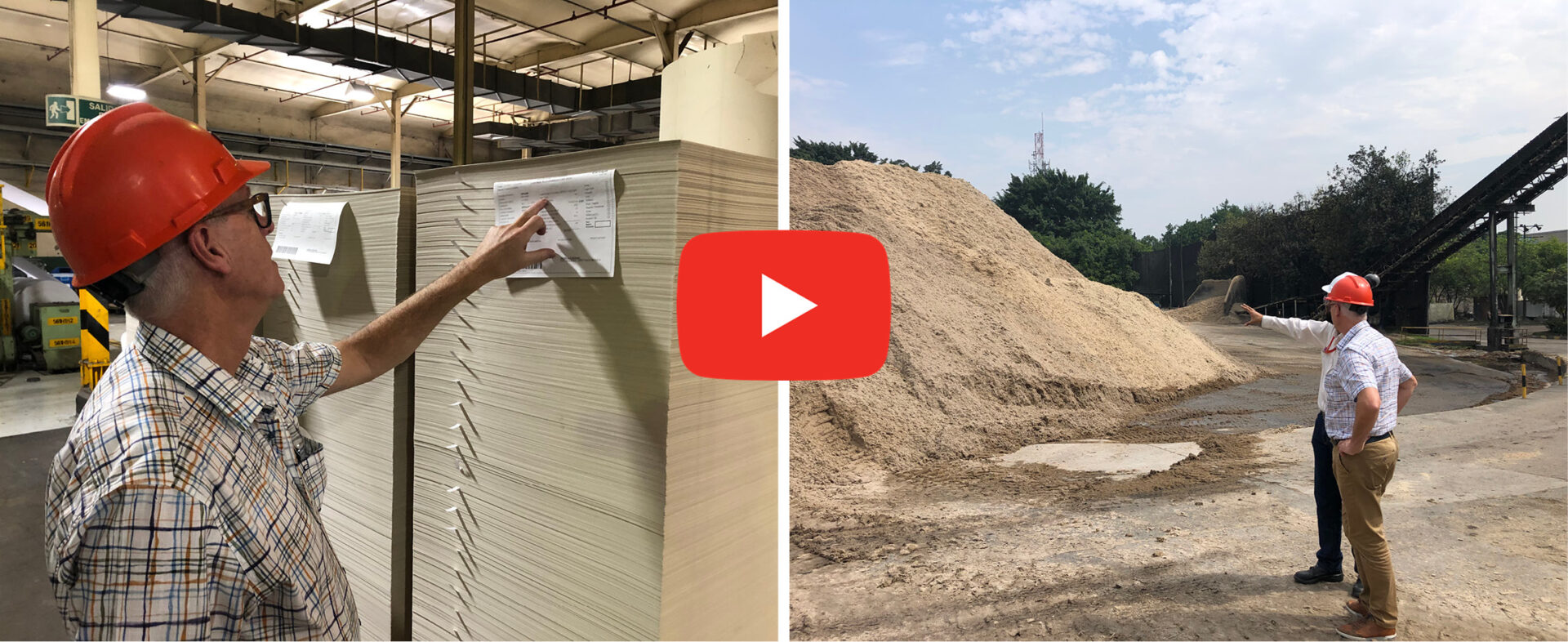
PaperWise has 3 key principles for the paper mills that produce PaperWise: agricultural waste is raw material, consistently high quality and Corporate Social Responsibility. Once the Corona Virus emergency was over and it was possible to travel freely again, founder Peter van Rosmalen visited all production sites last year. Seeds are also planted for future ideas and potential new production partners are visited. The quality of PaperWise paper and the relationship with the employees at the mills are of paramount importance. PaperWise is always innovating from the desire to give a second life to as much agricultural waste as possible and provide the market with a wide range of sustainable paper and board. Join PaperWise on a ‘journey’ for a look behind the scenes.
Highlighted: Visiting Production Sites in India
For one of the visits, Peter travelled to India, the country with the most population in the world anno 2023, according to the United Nations. The trip started in Delhi, a bustling metropolis of 39 million people full of historical monuments such as the iconic Taj Mahal, Qutub Minar and Lotus Temple. A place from where all the paper mills are easily accessible. Transportation by car is an experience in itself. It always gives a wonderful impression of the culture and – though the differences between rich and poor remain visible – shows the development the country is going through. Indians are ambitious, proud and very aware of the country’s potential.
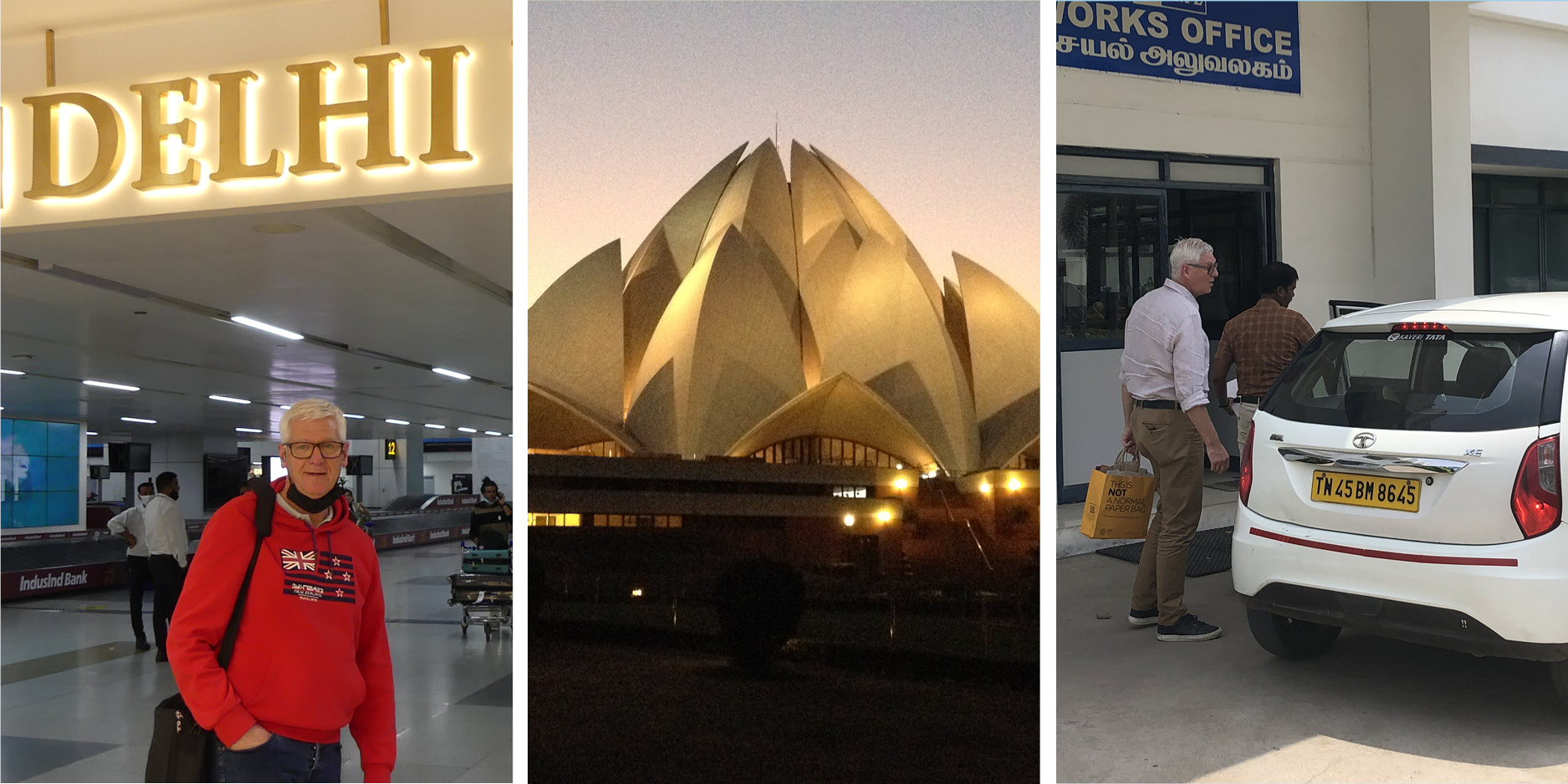
During visits, it is always striking how much time is allotted to show and discuss everything. No secrets or restricted areas. Transparency. Interviews with technical staff, product development, marketing, sales and management give a good picture of what the paper mills are working on and what innovations are in the pipeline. Knowledge and ideas are exchanged. Differences in needs and cultures between Europe and India are discussed. Key issues such as quality assurance, sustainability and continuity are discussed, as well as awards won and certifications obtained. Everything is discussed during these visits and that makes it so valuable.
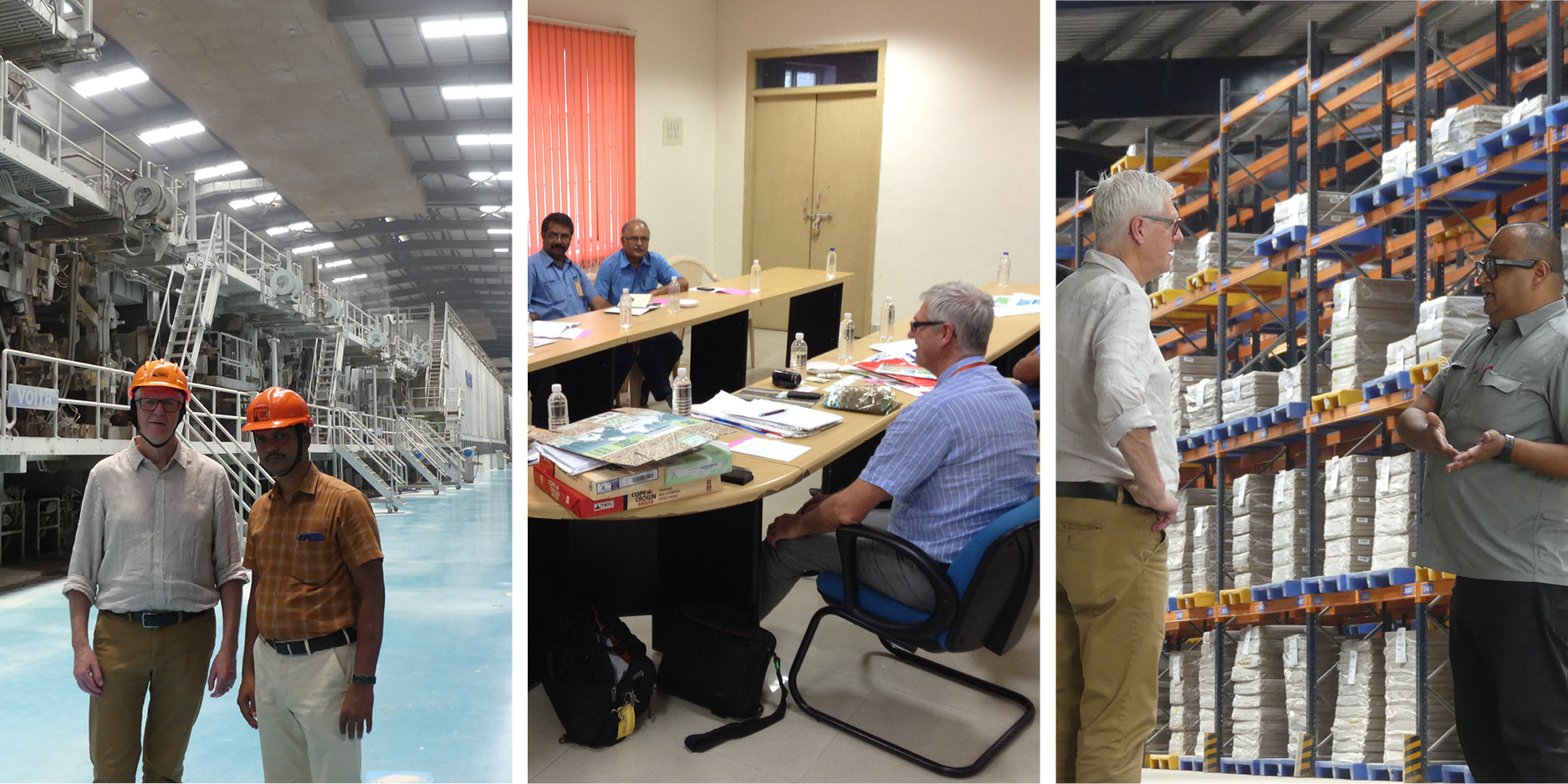
The factories and sites are visited, we always get a look behind the scenes. We see the facilities available to employees and locals, including a medical centre, temple, church and mosque, schools including free bus transport for the children and various sports facilities. But also the bio-digestion plants that produce green energy (methane biogas) from agricultural waste not suitable for paper to save CO2. A tour to the huge water basins where excess river water is collected during monsoons so that the paper mill does not have to use groundwater. India experiences dry periods and farmers need groundwater to grow their crops. Because of the collaboration between farmers and paper mill, there is an understanding that the paper mill does not use groundwater, unlike many European paper mills. We also take time to visit potential other paper mills using agricultural waste as raw material and meet there in person.
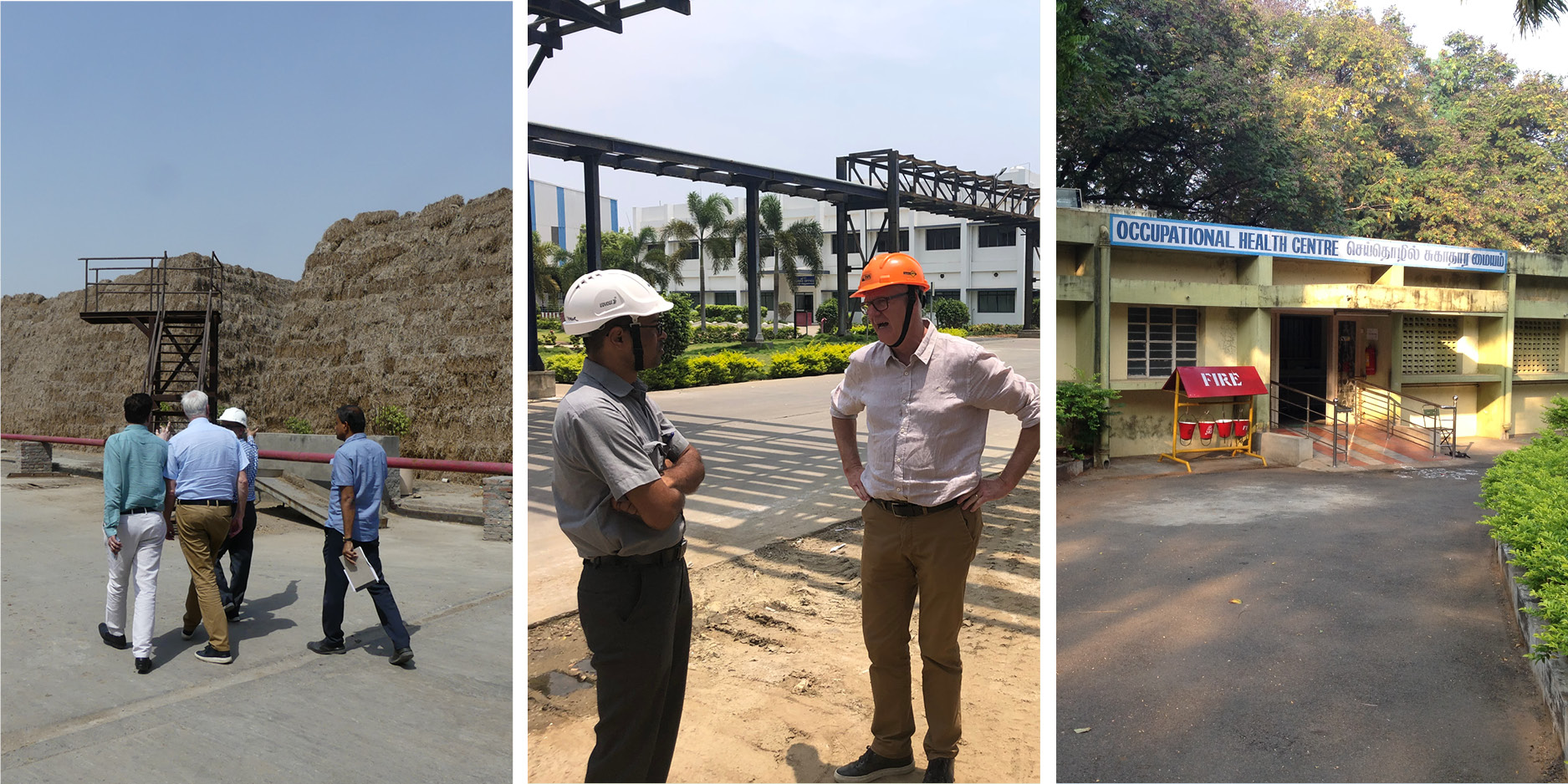
QUALITY, HEALTH AND ENVIRONMENT ARE PARAMOUNT
All paper mills where PaperWise is produced, in both India and South America, meet the most stringent quality, safety, health and environmental requirements. Policies are secured by the management systems ISO 9001, ISO 45001, ISO 14001 and/or ISO50001. White paper is elemental chlorine-free bleached (ECF), but the vast majority of PaperWise sales consists of unbleached light brown paper and board. Even better for the environment. These papers and boards are certified for industrial composting EN 13432, home composting DinCertco and safe for direct food contact EC1935/2004.
Nature knows no waste. PaperWise believes in a circular economy where waste materials are used as raw materials. PaperWise aims to upcycle as much agricultural waste as possible into high-quality paper and board. Thereby reducing the environmental impact and ultimately changing the paper industry. PaperWise proves that it can be done, that the quality is top notch and the production conditions are very high. PaperWise’s environmental impact is 47% lower than paper from trees and 29% lower than recycled paper. Poor farmers in developing countries receive extra income because they are now also paid for their agricultural waste. Moreover, this agricultural waste is not burned in the open air, preventing smog formation and the emission of CO2 and other greenhouse gases. PaperWise shows that the paper industry can be socially responsible and environmentally friendly. If only there is the will to deviate from traditional paths.
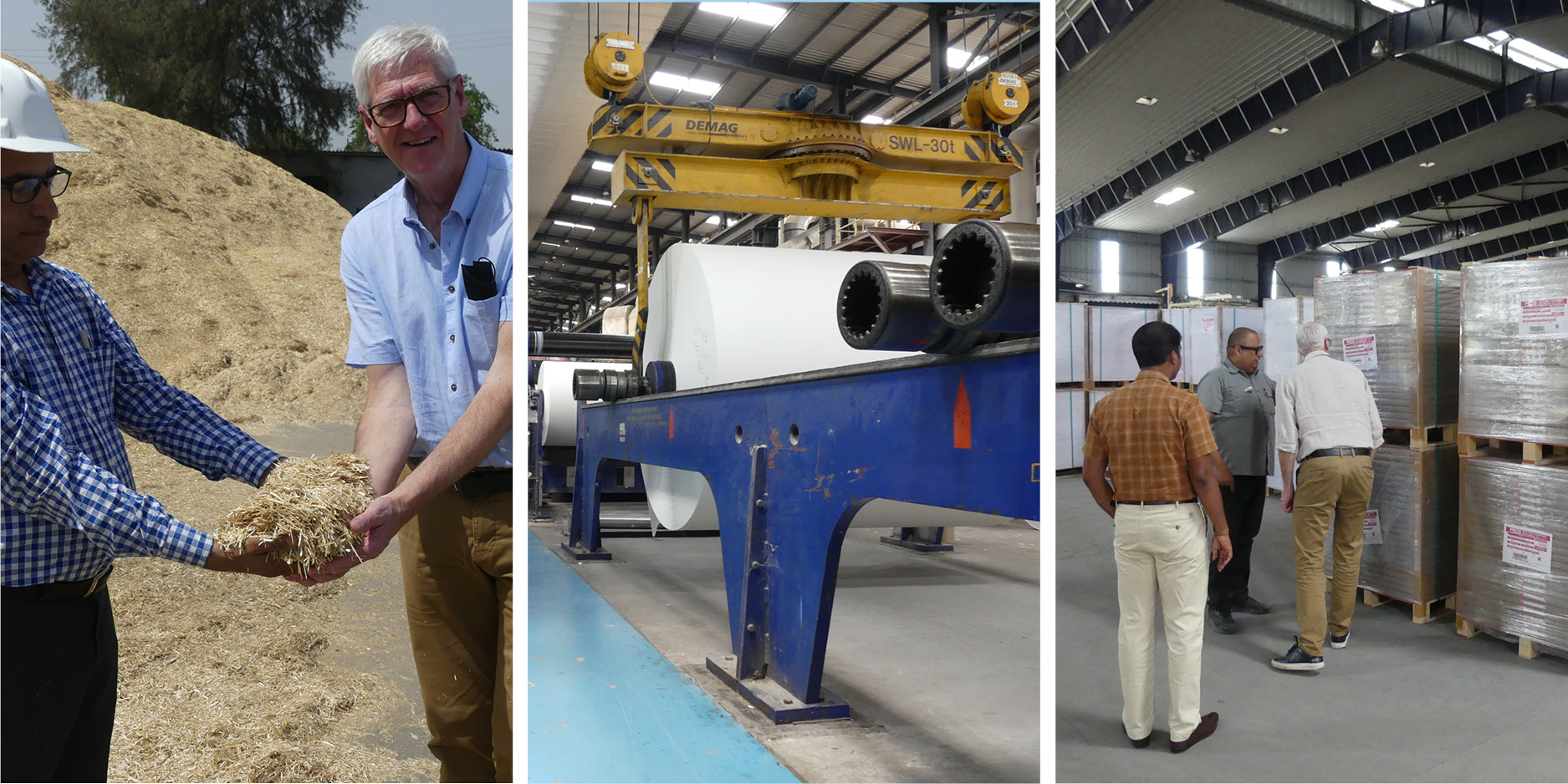
Curious?
Are you curious about the PaperWise product range? Would you like to receive a folder with A4 samples? Or do you have any questions? Contact us via the button below and we will be happy to help you.
